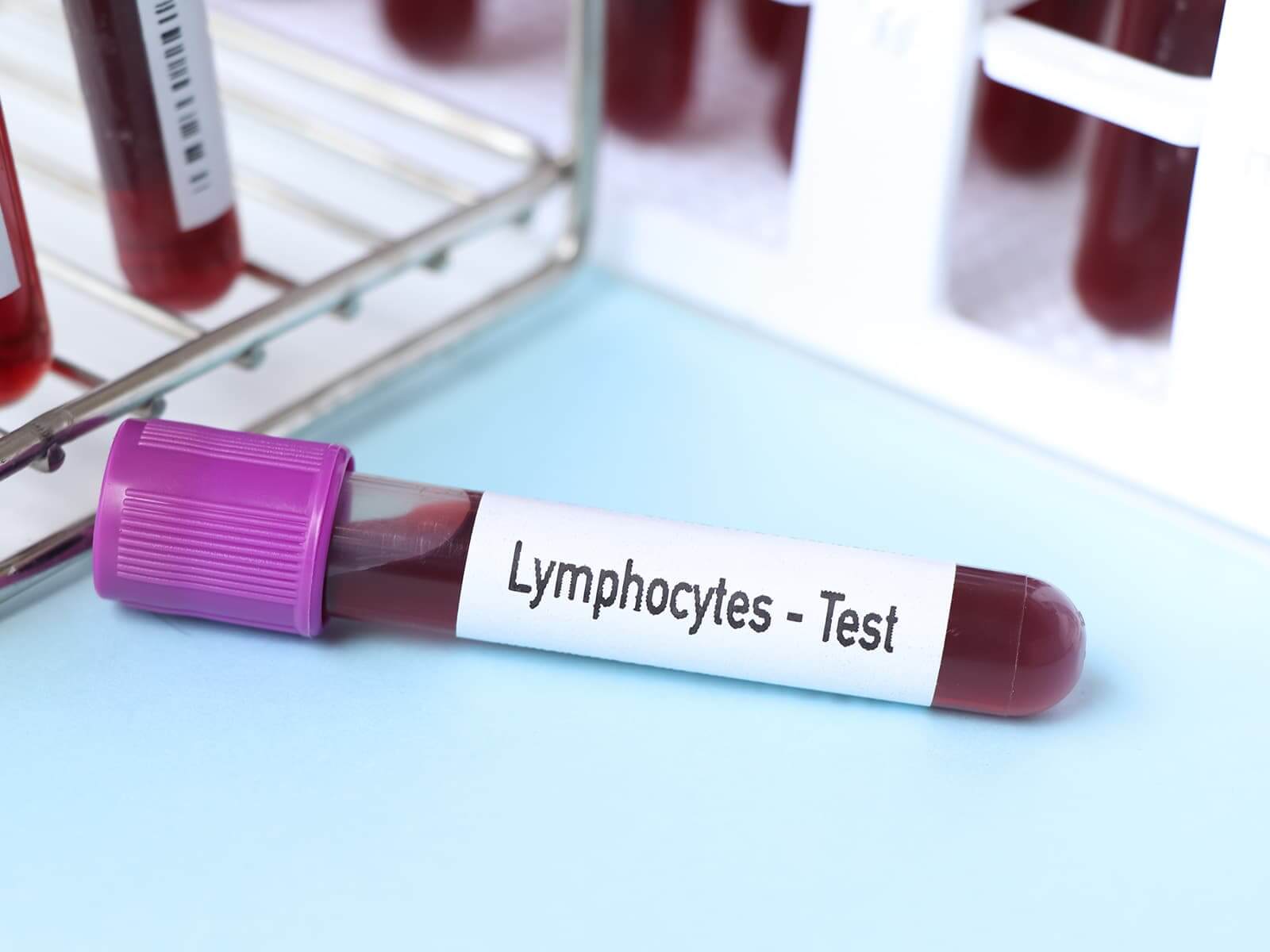
Liver disease can be considered as any complication which kills the liver and influences its functioning. This can be in forms of fatty liver disease (non-alcoholic steatohepatitis or NASH), viral hepatitis (A, B, C) and autoimmune liver disease, cirrhosis and other end-stage liver failure. Their outcomes can be greatly improved through the lifestyle change and early diagnosis.
The symptoms also vary depending on the form and advanced stages of the disease and may come up with the prevailing stages of the disease. Key warning signs include:
The liver may get damaged and diseased due to several reasons:
GastroDoxs, as an organization, focuses on patient-based liver care and comprehensive solutions to liver diagnostics and successful treatment of any stage of liver diseases, therefore, providing its services to the customer group with middle-income. We are so intimate and loving in your having aid and assistance such that you need—whether in processing fatty liver, hepatitis, cirrhosis and guaranteeing you of a transplant. Worried about the well-being of your liver? With our professionals in Houston being the finest in business, you are able to book an appointment with us in order to get a kick-start to a healthier and better life.
We've successfully treated more than 360 patients, helping individuals improve their digestive health and overall well-being through expert, personalized care.
With over 20 years of experience, GastroDoxs has been a trusted provider of gastroenterology care, focusing on delivering the best outcomes for patients
No. NASH (Nonalcoholist Steatohepatitis) is a more serious form of fatty liver disease when fat deposition in the liver really occurs yet with an inflammatory process and destruction of the liver cells.
Yes. Despite the above fact; Graves disease also influences the liver in its activity, however, such anarchy can have a huge impact on the thyroid; it causes high liver enzyme or any other deformity.
Yes. In cases whereby the stock up of the bile salts in the blood due to the inability of the liver to carry out the functions, it can be deposited in the skin thus causing a skin itch or rashes.
By diagnosing early, changing lifestyle and favorable management, some of these patients with the fatty liver can afford to live long and healthy lives with minimal complications.
Persistent liver deeply injured initially last stage is revealed in the form of end-stage liver disease or decompensated cirrhosis when the liver loses the capacity to perform the essential functions and has to be replaced.
These pale faeces occur when there is a reduction of bile produced to the intestines, or bile is clogged so that the usual bile colours can no longer make the deposits.
Some treatment options that can help in reduction of the inflammation as well as help in improving the health of the liver include vitamin E, pioglitazone and do still exist in clinical trial.
The main emphasis of a liver-friendly diet plan is on whole food-fruits, vegetables, lean sources of protein, whole grains, and reduces the high level of added sugar, refined carbohydrates, and unhealthy fats.
The common ones that are usually used are the ICD-10 code of nonalcoholic fatty liver disease which is K76.0.
The NASH has an impact on life expectancy in relation to the disease stage and individual features, but with an early diagnosis and change in lifestyle with medication, most of the patients may successfully cope with the disease.